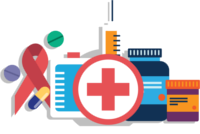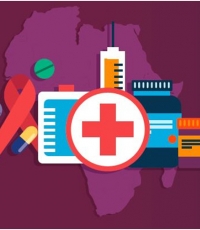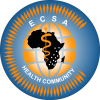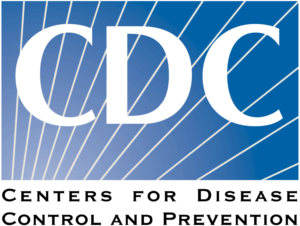Three main activities are funded under this subcomponent:
- strengthening the capacity of public sector agencies responsible for mine safety to undertake inspection of mines with an emphasis on determining mine dust levels;
- expanding periodic screening and referral for occupational lung diseases and other diseases in line with standards set within the sub region and international best practices; and
- developing/strengthening care programs for occupational lung diseases.
The subcomponent enables countries with established mining sectors, like Zambia to strengthen their occupational health services with a focus on the package provided by the Occupational Health and Safety Institute. For countries with nascent domestic mining sectors like Lesotho, Malawi, and Mozambique, the subcomponent finances the development and rollout of occupational health services databases and electronic record systems to strengthen referral for compensation services.
Ministries of labour or agencies mandated with occupational health and safety issues implement screening for occupational lung diseases. Ministries of mines (mine safety or regulation departments) support mine health safety inspection. The project complements existing government programs and other related initiatives, as well as the Global Fund Grant on TB in the mining sector to finance models for occupational health service delivery, such as the pilot one-stop center model in South Africa, which is supported across the participating countries. The project will finance goods, training, equipment, technical assistance, and operational expenses.
First-line TB drugs vs Third-line TB drugs
While governments and partners will finance first-line drugs for TB treatment, the project will fund second- and third-line anti-TB drugs as a backup to minimize stock outs.






